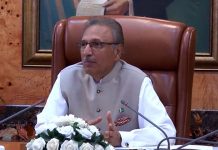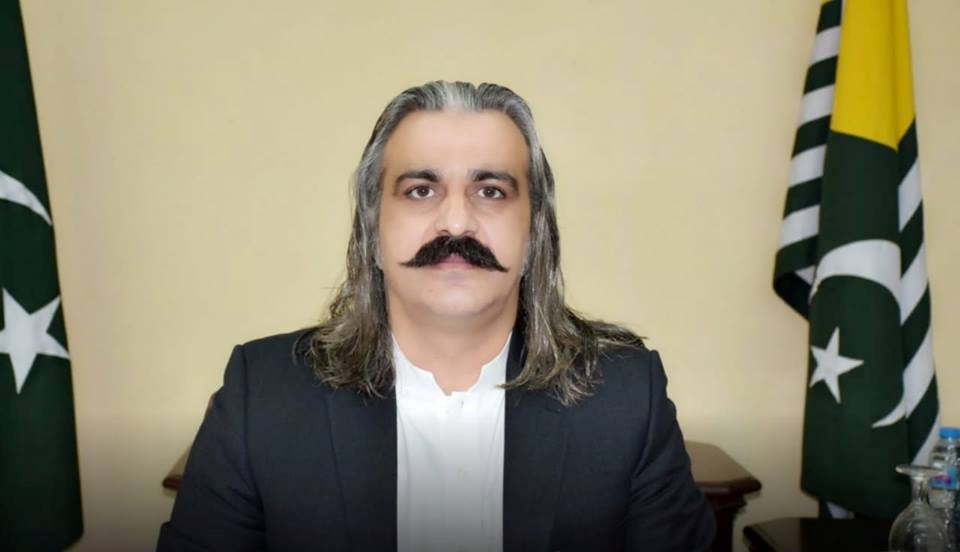MAKKAH: The Imam-e-Kaaba has urged Muslims to exhibit unity to face the present day challenges.
“Muslims are passing through a difficult time but can overcome these difficulties only through unity,” Abdur Rehman al Sudais said while delivering a sermon from Masjid Nimra to over 1.8 million Muslim pilgrims who converged in Arafat on Sunday to attend an important Hajj ritual.
For the first time in years, Saudi Arabia’s Grand Mufti Abdul Aziz al Sheikh did not give his traditional Arafat sermon. Okaz newspaper cited health reasons, but Sheikh still attended the sermon given in his place by Abdul Rahman al-Sudais, imam of the Makkah’s Grand Mosque
“Muslim rulers will have to address the collective problems realising their responsibilities. Terrorism is the biggest problem and Islam has no link with it. Terrorists have no religion,” Radio Pakistan quoted the Imam as saying.
Meanwhile, the Hajj reached its high point on Sunday when Muslims from across the world converged on a stony hill in Saudi Arabia, a year after the worst tragedy in the pilgrimage’s history.
More than 1.8 million people gathered from sunrise to sunset at the hill and a vast surrounding plain known as Mount Arafat, about 15 kilometres (nine miles) from Makkah.
“Islam ensures the right of every human and every human has equal right. Teachings of Islam are based on justice and equality,” the Imam said. “Prophet Muhammad (PBUH) issued the basic manifesto of Islam and human rights in his last sermon and said that there is no difference between any Arabs and non-Arabs, black and white, rich and poor,” he added.
The Imam-e-Kaaba urged the Islamic scholars to work together for promotion of inter-harmony and avoid any act which causes scatter of the Ummah. “The Hajj gathering is also a message of unity and the pilgrims should maintain this spirit in their home towns.”
After sunset the pilgrims will move to Muzdalifah – halfway between Arafat and Mina – to gather 49 pebbles for a symbolic stoning of the devil, which begins on Monday, in the last major rite of Hajj.
During the ritual in Mina last year a stampede killed around 2,300 people who were on their way to throw stones at the Jamarat Bridge.
Saudi Arabia issued a death toll of 769 but figures compiled from foreign officials in more than 30 countries gave a tally almost three times higher.
Authorities announced an investigation into the tragedy but no results have been released, although a number of safety measures have been taken. Among these is the distribution of a bracelet, which stores pilgrims’ personal data. Roads have also been widened in the Jamarat area, newspapers reported. Pilgrims have told AFP they feel safe and noticed organisational improvements. “The Saudis organise everything for us. We are truly at ease here in Arafat,” Youssef al-Mehri, 24, of Oman said with a prayer rug slung over his shoulder.
On Sunday, helicopters monitored the crowd flow from the skies, while on the ground, police on foot, motorbike, and all-terrain vehicles directed pedestrian movement. At the sacred hill itself, police sometimes had to use their bodies to block the flow of pilgrims and avoid bottlenecks.
Crown Prince Mohammed bin Nayef, the interior minister and chairman of the Hajj committee, was in Mina to help supervise the services being provided to the pilgrims, the official Saudi Press Agency said.










